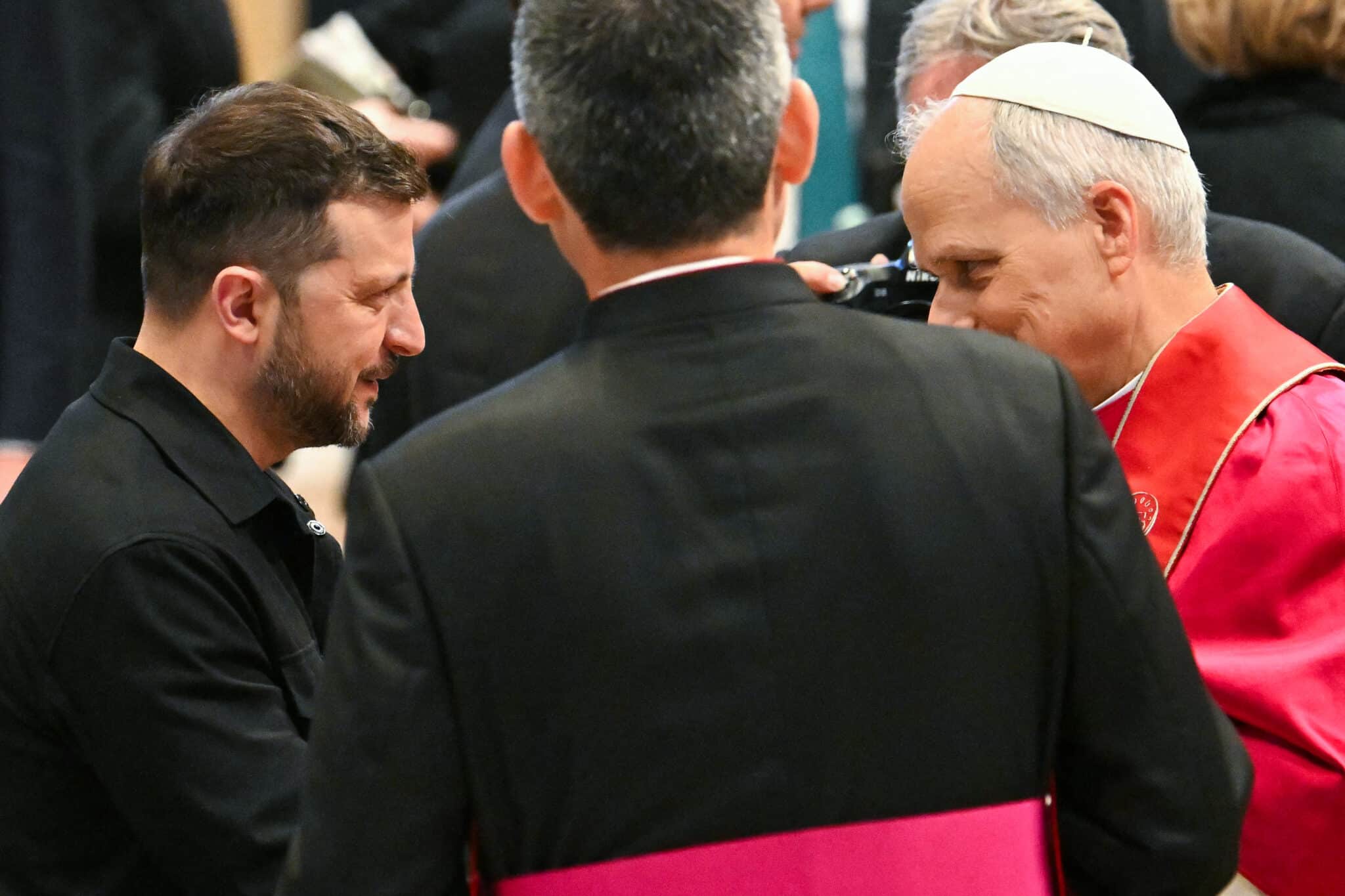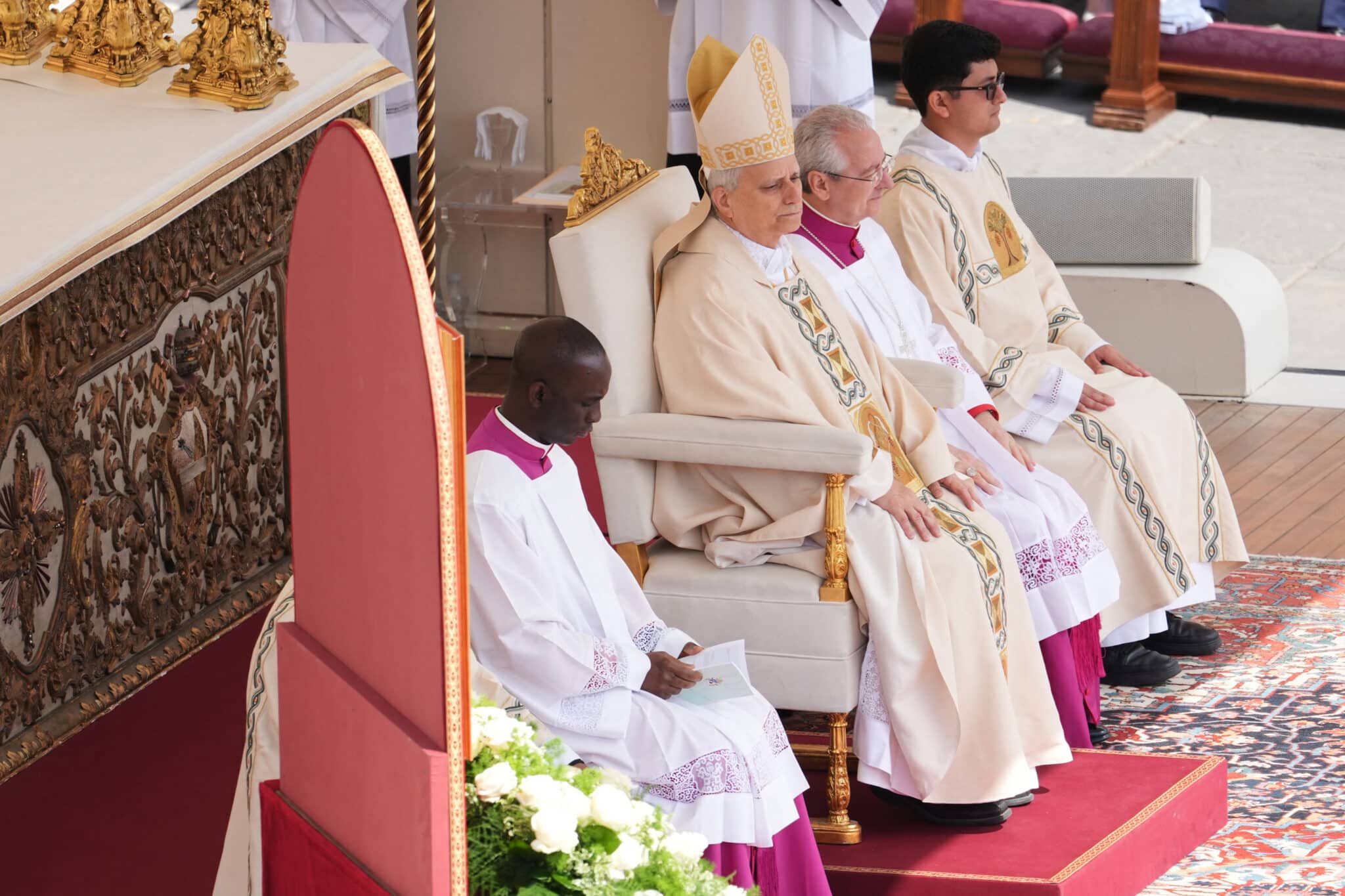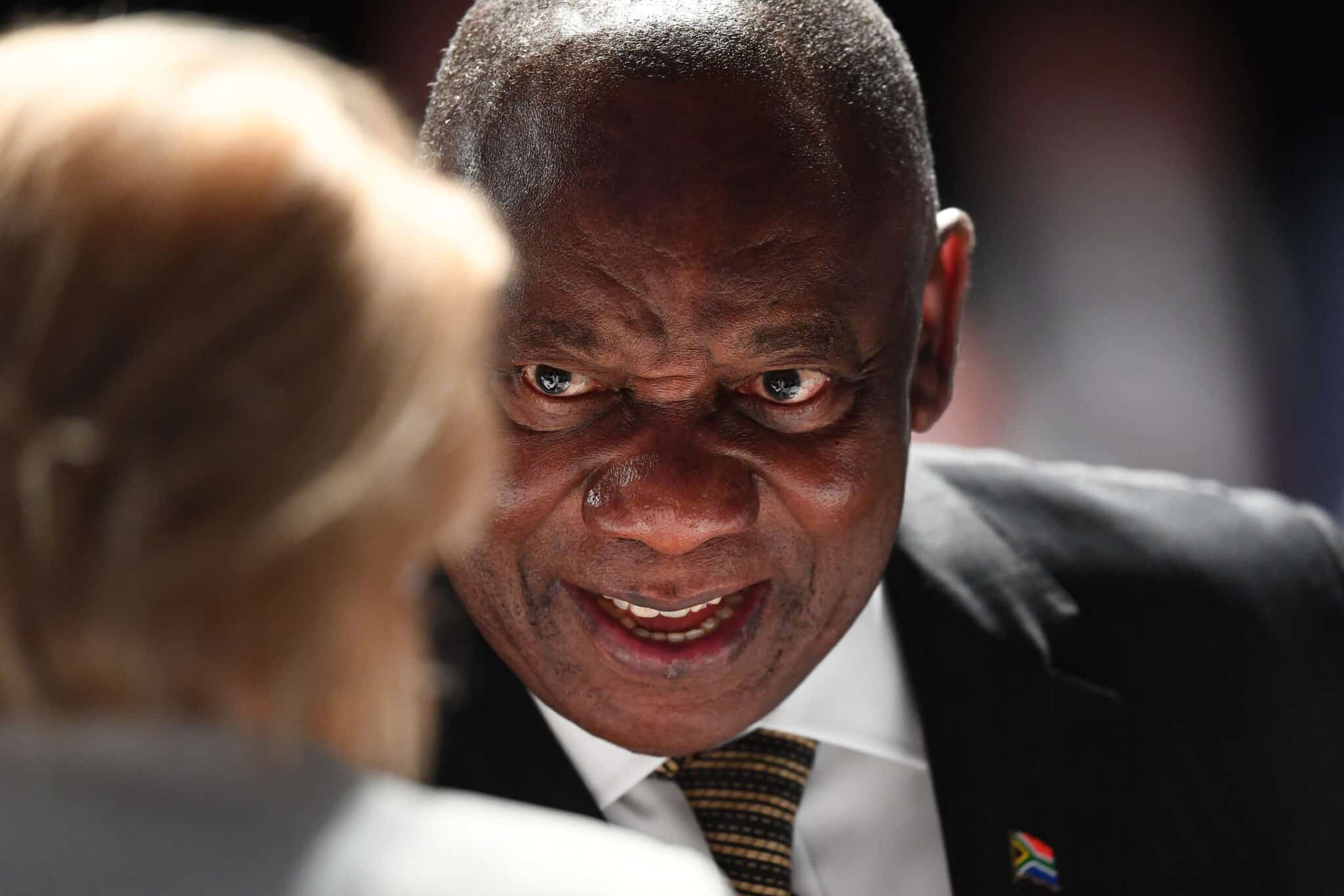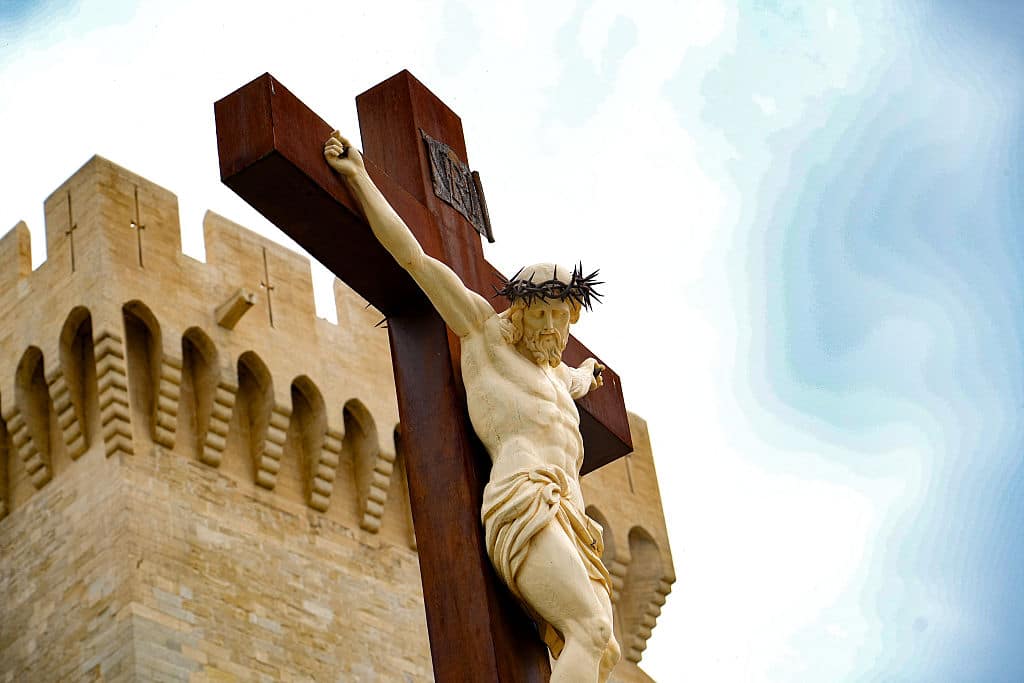Flash floods that swept through communities in Nigeria’s central Niger State have killed over 200 people with 500 more still missing. Authorities say there is next to no hope that any of the missing might still be found alive.
Father James Omeh, the parish priest of Saint Anthony’s Catholic Church in Gulu of Niger State, died on 25 May when his vehicle was swept away by floodwaters along the Lapai-Gulu road. A woman travelling with him was also killed.
Omeh also served as the coordinator of the Christian Association of Nigeria (CAN) in Niger State.
“Rev. Father Omeh, who was driving a white Hilux, was swept away by the flood into a deep, water-filled ditch,” said Wasiu Abiodun, a police spokesperson. “Local volunteers later recovered the vehicle. Sadly, the lifeless bodies of Rev. Father Omeh and a woman were recovered at the scene.”
The flash flood that took the life of the Catholic priest wasn’t to be an isolated incident. Just four days later, Nigeria faced its most devastating floods in over 60 years.
Flash floods that began on 29 May swept through the trading hub of Mokwa in Niger State, wiping out everything in its path: homes, farmlands, human beings.
Authorities in Nigeria have said 200 dead bodies have already been recovered. 500 others are missing, with authorities indicating that they may well have all perished. The United Nations says more than 3,000 people have been displaced.
Local media interviewed survivors, and their stories are as chilling as they are illuminating of the scale and raw power of the destruction unleashed.
“I went to look for food and came home to find no home. I lost nine of my children,” said Isa Daban, a resident.
Another local, Musa Ismaila, said a school building with 80 students inside was swept away.
Ismaila added: “Farms and their crops were washed away; many businesses were also lost. There is really nothing left.”
He described how survivors “are sleeping in the open with no adequate food”.
“Many of the survivors have been wearing the same clothes since Thursday. There are some people hospitalised while several families are still looking for their loved ones. This is a serious emergency,” he said.
The Niger State chapter of the Christian Association of Nigeria (CAN) on 2 June expressed words of sympathy to those effected by the devastation wrought by the floods.
“On behalf of the entire Christendom in the state, I extend our heartfelt condolences to the families who have lost their loved ones, and we stand with everyone who has suffered in this disaster,” said Bulus Yohanna, the CAN chairman.
Bishop Bulus Dauwa Yohanna of Kontagora Diocese also commended both the federal and state governments for responding swiftly to bring succour to affected populations. He urged the affected communities to remain hopeful so they could come out stronger from the disaster.
“While we continue in our prayers for you, we urge you to remain hopeful and resilient,” Yohanna said.
Former Nigerian president, Muhamadu Buhari, described the deaths as “painful and devastating” as he extended condolences to families and friends of all those who have lost their loved ones.
“May the injured recover soon,” he added.
Katsina state Governor, Dikko Radda, said: “The news of the Mokwa flood disaster deeply grieves us all. Our thoughts and prayers are with everyone affected by this unfortunate incident.”
“Natural disasters are a reminder of our shared vulnerability and the importance of standing together during times of crisis. Katsina State stands in complete solidarity with her Niger State brothers and sisters during this difficult period,” Radda added.
Nigeria has a history of experiencing devastating floods. Last year, 230 people were killed when floods swept through Borno state in eastern Nigeria, with over 600,000 people displaced. In 2022, flooding impacted 34 of Nigeria’s 36 states, killing hundreds and displacing more than 1.3 million.
Photo: People search through the debris of damaged buildings in Mokwa after the town was hit by torrential rains, with subsequent flooding displacing more than 3,000 people, Nigeria, 1 June 2025. (Photo by TONYE BAKARE/AFP via Getty Images.)















